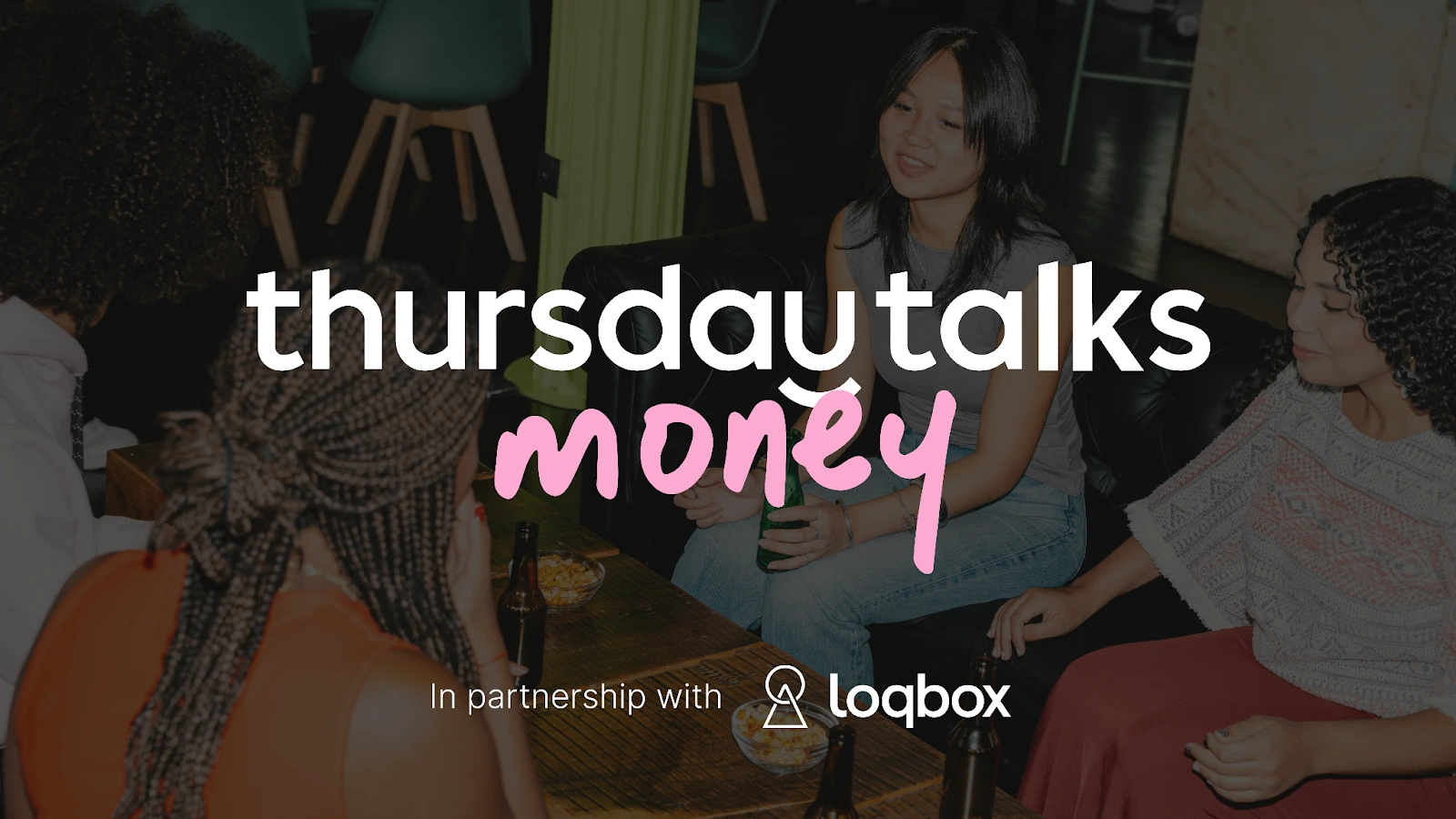May is Mental Health Awareness Month, and a timely reminder that mental health challenges can affect anyone, often in ways we don’t immediately see. It’s also an opportunity to reflect on where support can be found and why normalising conversations around mental wellbeing is so important.
As a purpose-led business that puts our members at the heart of everything we do, we see firsthand just how closely finances are linked to mental health.
Our recent survey revealed that money worries take a serious emotional toll:
- 84% would rather have peace of mind than unlimited wealth
- 62% of people report losing sleep due to money worries
- 51% of people experience ongoing anxiety tied to their finances.
These numbers reflect the emotional cost of financial strain, a burden that impacts everything from our relationships to our ability to sleep at night. For many, financial wellbeing isn’t about feeling wealthy – it’s about feeling safe and in control.
To dig deeper into the powerful connection between money and mental health, Loqbox has partnered with BetterHelp - the world’s largest online therapy platform. As part of this collaboration, we spoke with David Yadush (LPC, LPCC), a Licensed Professional Counsellor, who shared his expert reflections on how our relationship with money can shape our mental and emotional wellbeing.
As a BetterHelp affiliate, Loqbox will earn a commission if you decide to use their services via the links provided. This doesn’t affect the quality of service you receive.

Why does money feel so emotionally charged for so many people?
David Yadush:
Money isn’t just about your bank balance — it’s personal. Our relationship with it can be shaped by all kinds of life experiences, from childhood memories to career ups and downs. For many of us, money connects closely to how safe, secure, and confident we feel. And while that can make finances feel overwhelming at times, it also means there’s huge potential for growth, resilience and positive change.
Unlike other forms of stress or anxiety, financial anxiety can feel relentless because it touches the most essential aspects of our lives: housing, food, healthcare, and even our sense of security. While some stress factors come and go, money concerns are often constant and concrete, showing up every time you check your account or open a bill. They can also stir up deeper fears of failure or inadequacy, especially in cultures where financial success is tied to personal worth. Because money intersects so closely with our daily lives and sense of self, it’s both a practical and deeply emotional concern.
Because of this, and the significant emotional weight it carries around shame, pride, fear, and even love, money remains a taboo topic. Talking about it can feel risky, especially when cultural norms suggest it’s impolite or when we’ve internalised the belief that our financial status reflects our value as a person. These unspoken rules often make it difficult for even close partners or families to have honest conversations about money. When these conversations are avoided, resentment, secrecy, and emotional distance can take root. The silence not only fuels anxiety but also deepens feelings of isolation. Breaking that silence isn’t just helpful, it can be profoundly healing.
Do clients bring up money in therapy often?
Absolutely – though not always at first. People often come in feeling anxious, overwhelmed or stuck in patterns they don’t fully understand. Money-related concerns tend to revolve around anxiety about debt, difficulties with budgeting due to executive functioning challenges, or the stress of making wages stretch. At other times, money shows up indirectly, with a client coming to therapy because they feel anxious all the time or that they’re arguing with their partner more, with us later understanding that a root issue is financial stress.
There is a natural human tendency to avoid what feels uncomfortable or confrontational, and as such, many people are reluctant to name money as the problem – even in therapy, where honesty is encouraged. But without fail, I find that once the topic is opened, there’s often a sense of relief, like a weight has been lifted.
For example, a former client of mine struggled with executive functioning, which made managing their finances a long-standing challenge. They sought therapy when the stress became overwhelming, so much so that they began losing motivation to work. In our sessions, we explored how early experiences of scarcity and a deep-rooted sense of perfectionism had shaped their financial behaviours. As they developed self-compassion, they gradually found the courage to engage with their finances more intentionally. They began tracking expenses, communicating openly with their partner, and, most importantly, talking about money without shame. Over time, they not only reduced their debt but also experienced a renewed sense of empowerment. Their mental clarity and confidence grew in step with their financial stability.
What simple, actionable steps can someone take to reduce money stress?
Start small. Whether it be in or out of therapy, once the problem is recognised and addressed, people can take simple steps to ease money stress. I would advise people to start by getting curious, not critical, about their finances.
Take five minutes to look at one small piece of your financial picture, such as your monthly statement, a recent purchase, or a recent bill, and approach it with gentle awareness. Ask yourself, “how is this making me feel?” By shifting perspective from judgment to curiosity, you can start to feel power over your situation. This is the first step to build a healthier, more mindful relationship with money.
It's important to note here that some people face systemic barriers to financial stability that mean even these first steps are more difficult. Marginalised communities, including ethnically diverse communities, single parents, LGBTQ+ individuals, and those living with disabilities, face additional challenges including wage gaps, discrimination in employment or housing, and limited access to financial education or support services. Younger people entering a competitive job market and older adults relying on fixed incomes may also feel particularly vulnerable. These inequalities can compound financial stress and highlight the need for sensitive, culturally aware support that recognises the unique experiences of each group.
What would you say to someone who feels ashamed about their financial situation?
So many people carry silent burdens around money, and shame thrives in secrecy. To those struggling alone, I would say that your worth is not defined by your wallet, and that your financial story is part of your life, not a measure of your value. It’s okay to ask for help and you don’t need to wait until it’s a crisis. Healing begins when we bring compassion to the parts of ourselves we’ve been hiding.
Another barrier to fostering positive attitudes towards money is the commonly held belief that people should already know how to manage their finances. Financial literacy is rarely taught in schools or modelled in healthy ways, yet so many people feel ashamed for not having all the answers. The truth is, learning about money is a lifelong process, and it’s never too late to start.
Financial wellbeing is deeply interwoven with mental, emotional, and even physical health. When people feel secure and empowered in their finances, they sleep better, experience less anxiety, and have more bandwidth for relationships and joy. The reality is that finances aren’t always within our control, so it's vital to focus on what we can do, seeking support without shame, and taking care of our mental health along the way.
Better money habits start with better conversations. And a healthier relationship with our finances is something we all deserve.
Huge thanks to David for sharing his expertise.
If you or someone you know is struggling, reach out to BetterHelp for professional mental health support. If you’re looking to rebuild your finances and take control of your financial future, check out how Loqbox works.
About BetterHelp:
BetterHelp was founded in 2013 to remove the traditional barriers to therapy and make mental health care accessible to everyone. BetterHelp’s network of 30,000 credentialed therapists has helped millions of people worldwide take ownership of their mental health and work towards their personal goals. As the unmet need for mental health services persists, BetterHelp is committed to expanding access to therapy globally.

.png)











